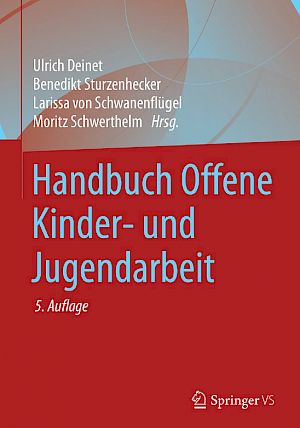Abstract
Open youth work in Flanders is often seen as originating in the social transformations of the 1960s and 1970s, partly as an answer to the decreasing popularity of the uniformed youth organisations amongst revolting young people, partly as an answer to the arrival of new groups of immigrants that were not attracted by the existing youth organisations. We would argue that the history of open youth work goes back to the social transformations of the mid-19th century. In this way we could identify youth work as ‘a modern project’, which means that youth work was given a central role in the shaping of a modern society through education of its citizens. It is important to see that youth work today still is instrumental to both community development and citizenship training and that these pedagogical and social aspects of our youth work practices go inseparably together in a tensioned and layered identity.
Url
Kurz-Link zu dieser Seite: https://www.oja-wissen.info/9221
